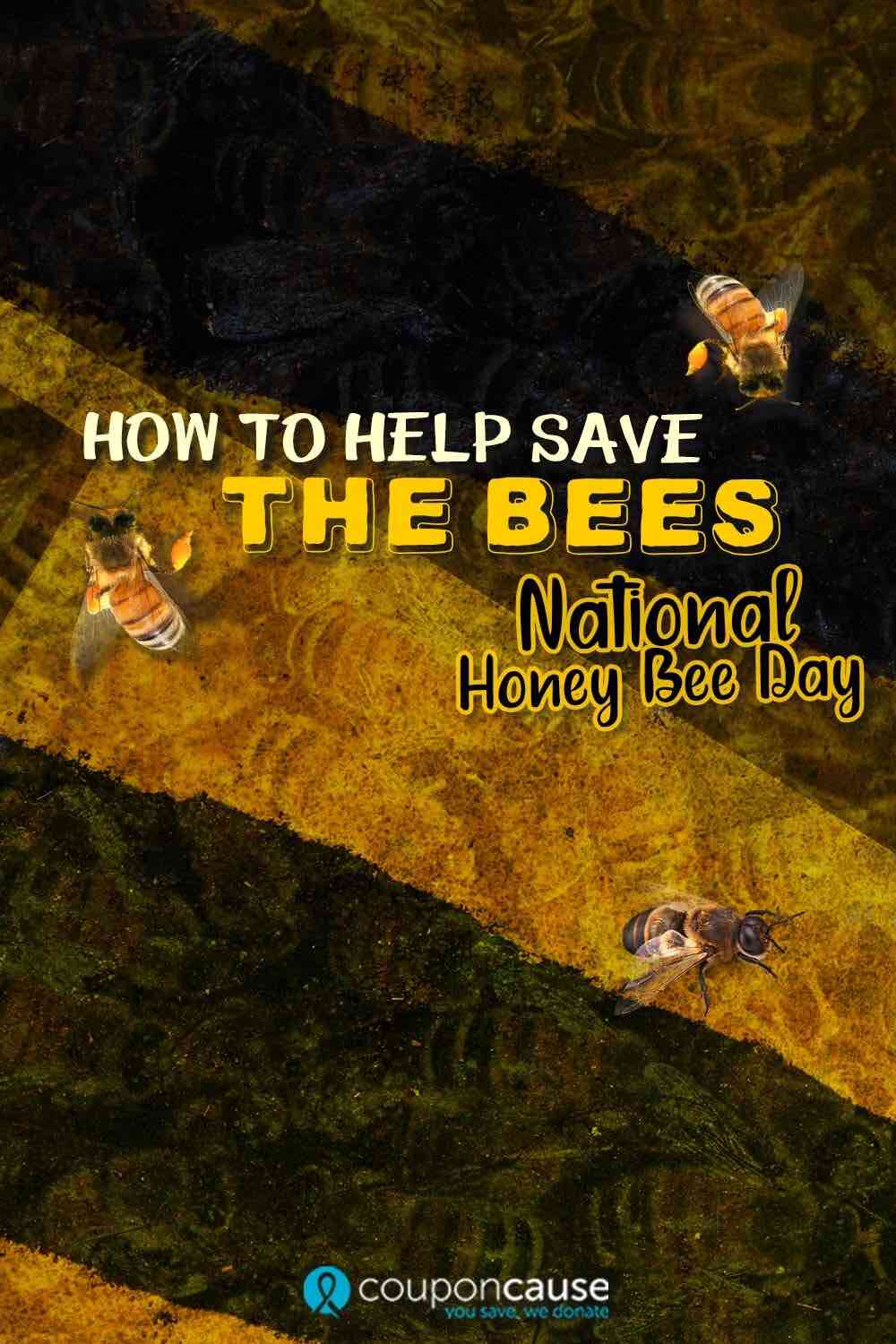What is National Honey Bee Day and Why Does it Matter?
August 10, 2020 by Angie Long
National Honey Bee Day was organized in 2009 when it was called National Honey Bee Awareness Day. It was the idea of a small group of beekeepers who wanted a formal USDA proclamation that would honor honey bees and beekeeping in general — and they succeeded. The next year, a non-profit called Pennsylvania Apiculture was formed to better promote and facilitate the new holiday. Today, it is managed by HoneyLove.org, which is based in Los Angeles and is an educational non-profit organization.

What is National Honey Bee Day?
The beekeepers who organized the original National Honey Bee Day started with the concept of bringing together interested groups, including beekeepers and other bee associations, to work together to push the importance of beekeeping — especially in urban communities where many people tend to be afraid of bees. By educating on the importance of bees, this critical species can be better protected, which benefits not only the bees but the rest of the world, believe it or not. If bees were to become extinct, the entire world would suffer great loss and struggle to find food sources to sustain the global population.
Why is National Honey Bee Day Important?
The reason why the extinction of bees can have such a massive impact on the world is that bees are responsible for more than one-third of the food we eat. Without bees pollinating plants, the animals that eat those plants would starve. The effect runs up the food chain and eventually to us humans. Even vegetarians would suffer, as grocery stores would struggle to provide fruit and vegetables, and food manufacturers would struggle to continue creating products that rely on fruits and vegetables as well.
The honey bee population has decreased by half since World War II, and more than 1 in 3 honey bee colonies have died over the past three years in the United States. Threats to honeybees include wax moths, mites and a phenomenon called Colony Collapse Disorder, which occurs when the majority of worker bees in a honey bee colony abnormally disappear. Humans are also threats to bees, as the fear of a honey bee sting makes people assume that bees are predators, even though honey bees aren’t aggressive by nature and are not likely to sting at all. Only 0.4% of Americans are allergic to insect stings, and close to none of those stings are from honey bees.
National Honey Bee Day and the programs it promotes help educate people about the importance of honey bees while also diminishing any fears or misinformation they may have.
There are lots of things you can do on National Honey Bee Day (and any day of the year) as well, including:
- Donate to HoneyLove. Any amount you donate is 100% tax-deductible.
- Plant an organic, pesticide-free garden that includes pollinator-friendly drought-tolerant native plants to attract honey bees.
- Provide a source of clean water for honey bees to drink.
- Become an urban beekeeper! It’s a fun hobby and easy to do in your own backyard.
When is National Honey Bee Day?
Originally, National Honey Bee Day was observed on the fourth Saturday of August, but it has since moved to the third Saturday. This year, we celebrate National Honey Bee Day on Saturday, August 15 2020.
